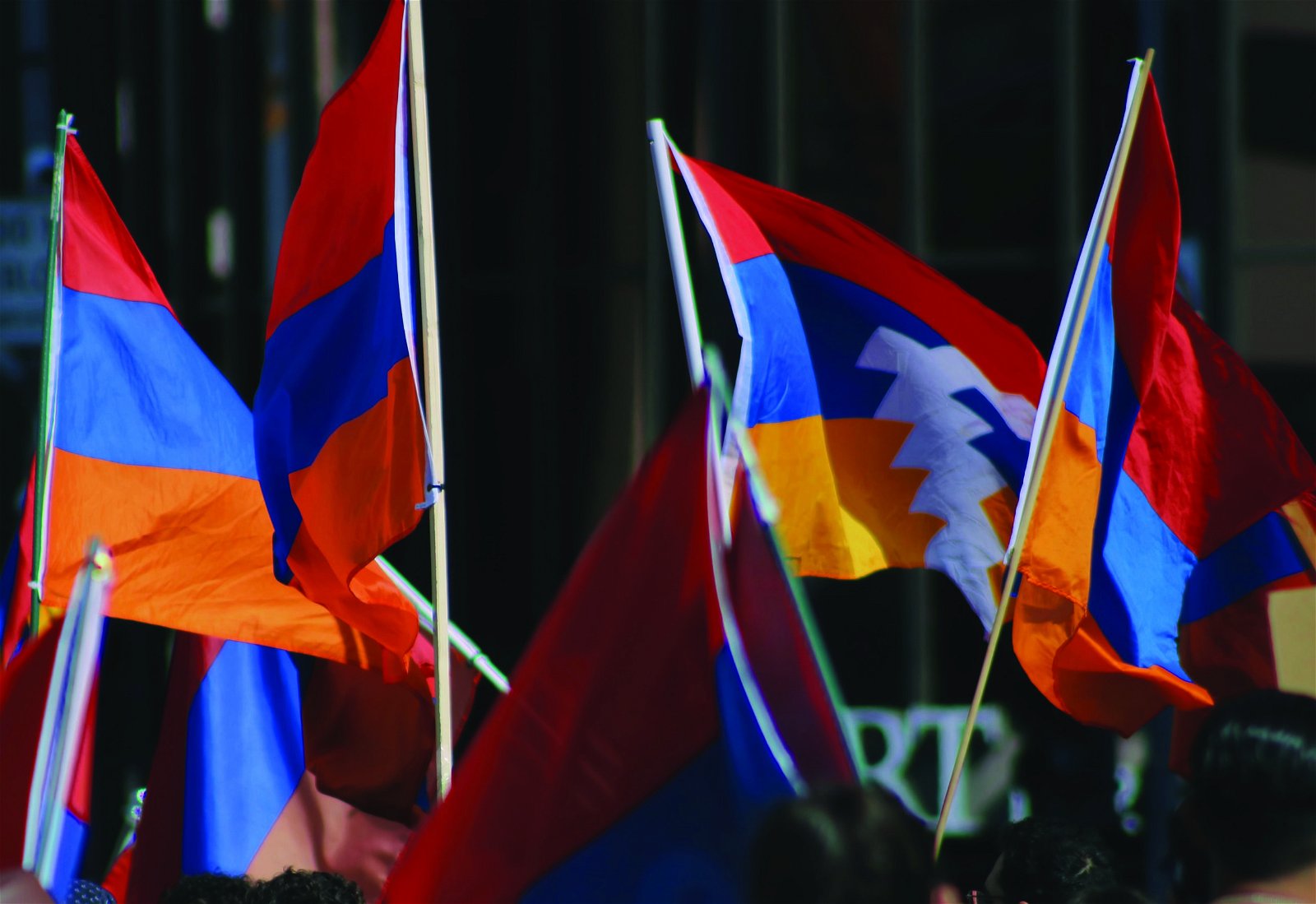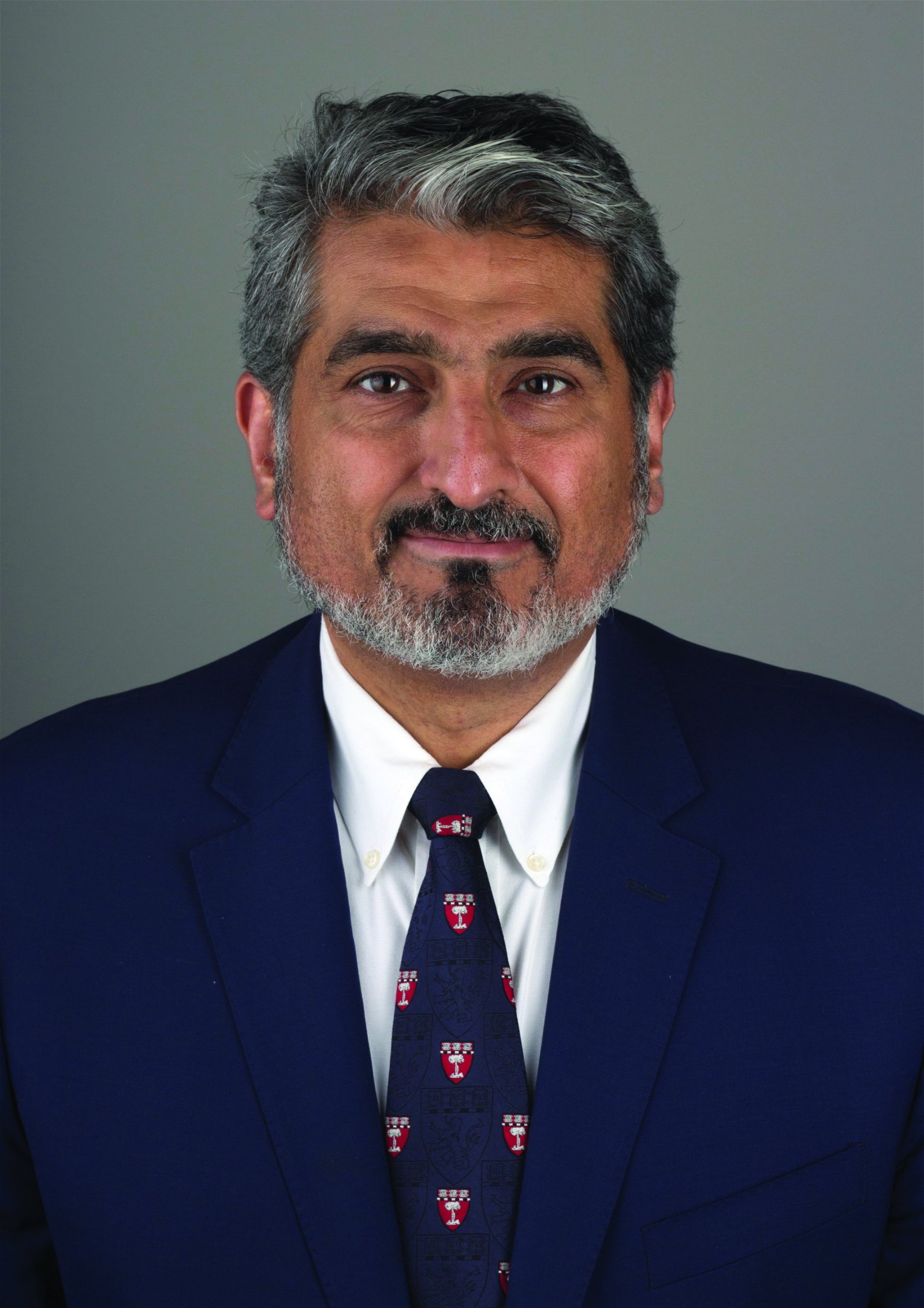
A fierce battle is being waged for the soul of the Armenian nation. This battle did not start last week or last year. The current iteration started in 1991 when our ancestral homeland declared its independence, emerging from the ruins of what was known as the Soviet Union. The rebirth of sovereign Armenia came on the heels of a devastating earthquake. Soon after, the nation faced an equally significant calamity, when our brethren in Artsakh were subjected to systematic ethnic cleansing by Azerbaijan. But we prevailed over our enemies in the battle, securing the liberation of Artsakh and resuming the slow establishment of an Armenian government and a self-governing structure.
However, to say that we have done well as a nation will be a mischaracterization. Despite relative peace in the last three decades, Armenians are once again facing an existential threat. Our very identity as a millennia-old nation is under threat, the consequences of which would be devastating for generations to come. Given the trajectory of our nation in recent decades, the manner in which we have collectively arrived at this juncture deserves serious reflection and in-depth analysis.
From the earliest days of our independence, we were pitted against each other by inexperienced, inept, if not unpatriotic, leadership in Armenia who slowly sowed seeds of discord among us. The significant gap between the needs and the mindset of Armenians of Armenia and those in the Diaspora was not addressed properly. Attempts, if there were any, were mostly cosmetic and were managed poorly and ineffectively. While time has been a mitigating factor in this process, our unpreparedness has robbed us of a momentous time in history – indeed a unique opportunity – to unify as a nation. It would be unfair to lay this blame on the average citizen, be it living in Armenia or the Diaspora, for the average citizen, saddled by the challenges of daily life, is unable to expend energies towards societal change.
The ramifications of the dark and cold days of the 90s have come to haunt us today. Our leadership, both inside and outside Armenia, proved to lack the vision and the ability to outline a comprehensive plan to rebuild the nation and to prepare for the challenges of the modern world. The entrenched mindset of those in Armenia who were raised in the Soviet system contrasted sharply with that of members of the Diaspora who themselves were brought up in a variety of democratic and/or despotic systems. None had the experience or the opportunity to think at macro scale and to help build a nation. No natural visionary emerged to meet the challenge in an effective manner. While many devoted individuals and organizations from the Diaspora contributed to the rebuilding of essential infrastructure such as schools and hospitals, it was hardly enough to propel our nation to prosperity, to restore trust in the rule of law and social justice, and to stave off immigration. What ensued was a tidal wave of migration, a process unfortunately skewed towards the more educated and capable segment of the society.
The Armenian leadership saw political expediency in sowing division and giving rise to an oligarchic structure, very similar to the setting in post-soviet Russia, albeit at a much smaller scale. Politics was established as a transactional tool optimized for primarily personal gains, with societal gains being relegated to a distant secondary role. This process continues to date, with some oligarchs maintaining their influence, while others are replaced by new/different ones. The results continue to be detrimental for Armenia and Artsakh. Today, our failures in statecraft, diplomacy and alliance building are coming full circle.
Moreover, some among us advocate to forget the past and simply forge a new future. How can we accomplish this with the same population and the same mindset that have brought us to the current predicament? How are we to do so without evaluating our mistakes honestly and critically and without thinking strategically toward a better future with specific goals and aspirations? We, as a people, have made an artform out of assigning blame to others (both internal and external actors), as a simple yet effective means to shirk responsibility and thereby absolve ourselves of any wrongdoing.
While the leadership of the country during the past 30 years are manifestations of our ills and misfortunes, they are hardly the cause. The uncomfortable truth is that these leaders are simply a reflection of our society, one built on deceit, indifference to indisputable facts and logic, laziness, arrogance and the primacy of immediate personal gains above all else. The general lack of any core national values and red lines are only amplified by a plane ticket to move elsewhere as soon as the going gets tough.
It was only days ago that Aliyev stated “expulsion of Armenians from our lands was our obligation and we achieved it.” He has clearly stated his ambitions for Syunik. He sees population increase in Armenia as a direct threat and has gone on the record stating that he will respond forcefully if Armenia improves its military capabilities. Immediately after the war, he said that he will go all the way to Yerevan without shedding blood, as he considers most of Armenia proper as Azeri territory. Our enemy has clearly outlined the key focus areas for us, given that the current collaborator regime has no interest in pursuing long-term Armenia-centric policies.
Have we descended so far down the path of indifference that we simply bow down to our archenemies and dismantle our state and sovereignty with our own hands? The current collaborator government is certainly pursuing this agenda, facing only resistance from those brave Armenians on the streets for the past month. The collaborator regime is banking on our rudderless and leaderless status, and our general apathy and laziness to just go about our day, without thinking about our children’s future (other than leaving the country).
So, what are we to do as a nation? We are at crossroads staring down an uncertain future in many directions. Fundamentally, there are certain steps that we need to take to ensure the viability and prosperity of Armenia and Artsakh. First and foremost, we must rid the nation of this impotent and anti-Armenian government and set forth a path of revival based on our national interests, focusing on what worries our enemies: a well-populated Armenia actively living and creating in the country; strong economy; strong military; capable diplomacy reaching far corners of the world to build reciprocal alliances and friendships; state structure in tune with the needs of its population; and foundationally sound primary and secondary education towards building a STEAM-centric economy, but more importantly, an educated and informed, population capable of critical thinking and understanding key values and priorities. However, most importantly we need to start with a strategic campaign to redefine and re-instill our national values, promote kindness, thoughtfulness, balance of personal and societal responsibilities, and a sense of national ownership and an eye for the long-term success of the Armenian nation.
None of this will be possible without each and every one of us taking a long and hard look in the mirror and seeing the adjustments that we must make individually to even begin to think about the goals stated above. Only through education and self-reflection will we be able to climb this mountain.



I take exception to Ara Nazarian calling the present government of Armenia a “collaborator government” and characterizing it as an “anti-Armenian government.” Otherwise, I welcome his concluding paragraph.
I mostly agree with the sentiments of the article, except in two areas. Firstly, the disease that the writer is describing (poor leadership, disunity, apathy, lack of strategic vision, oligarchs robbing the country, military unpreparedness, bad diplomacy, emigration etc) did not start in Armenia in 1991. This disease has plagued the Armenian Nation since at least 1923. Imagine what the Diaspora could have done during the past 106 years, building a united worldwide community with financial engines that generated 100’s million dollars/year to fund universities, schools, community centers, youth oriented programs, finance capital infrastructure projects in Armenia( not charitable projects); and mature political parties and processes to forge policies and lobbying benefitting the Nation. NOBODY stopped the Armenian nation from creating a united worldwide community. Just like NOBODY stopped Armenia from building a nation hand in hand with the Diaspora since 1991. It was self inflicted !
The second area that I disagree with the writer, is calling the current government “collaborators”. As a scientist the writer should present evidence for such a serious charge. I am not a fan of Mr. Pashinyan and his meek posture towards Azerbaijan. I do not like the opaqueness of his government. But I have seen no evidence of the Pashinyan government “collaborating” with the enemy. Pashinyan would do the Armenian nation a great service by having a nonpartisan commission on the conduct of the 2020 Artsakh war, to put aside all the conspiracy theories. In the meantime, I hope that every effort is being made to strengthen the armed forces of Armenia.
“Have we descended so far down the path of indifference that we simply bow down to our archenemies and dismantle our state and sovereignty with our own hands?”
I am afraid that the sad, tragic answer is yes. But this is what happens when what another writer described as “unprincipled adaptability” is in your DNA.